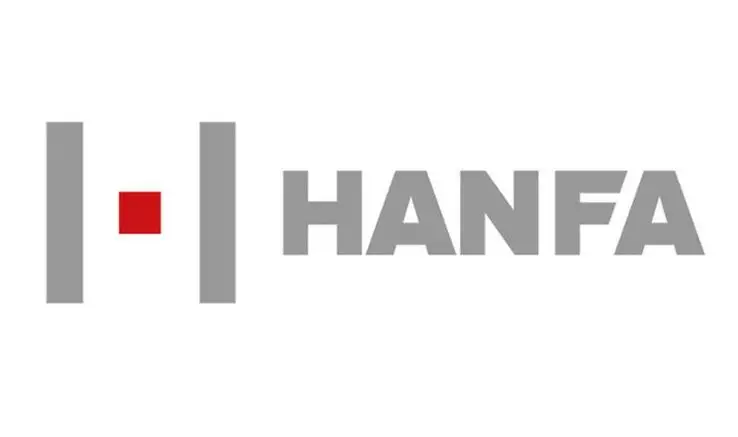
ZAGREB, June 10, 2020 – Croatia was ranked sixth among 30 European countries in terms of the number of measures for preserving the stability of the economy and the financial sector, the Croatian Financial Services Supervisory Agency (HANFA) said on Wednesday.
Croatia is also one of the nine European countries that have temporarily banned insurance companies from paying dividends.
At today’s meeting, HANFA’s board discussed measures to preserve financial stability taken in the European Union following the COVID-19 pandemic and measures and recommendations by the Croatian financial regulatory authority issued to companies in Croatia.
“According to the analysis of data published by the European Systemic Risk Board (ESRB) on measures taken by national financial regulatory authorities due to the pandemic, Croatia stands above the European average with about 40 measures, and it was ranked sixth among 30 analysed countries of the European economic belt,” the press release said.
At the European level, most measures concerning the non-financial sector were aimed at companies, while those concerning the financial sector were aimed at credit institutions, securities, and markets, as well as the insurance sector.
Croatia is one of nine European countries, which, in addition to other measures, have adopted a measure temporarily banning dividend payments to insurance companies, and is at the top of countries with the highest number of measures for the insurance sector, HANFA underscored.
The board said that HANFA’s measures and recommendation for the Croatian non-banking financial sector and its users were adequate and timely. However, the economic consequences of the pandemic for the international financial market still cannot be fully comprehended. Current data hint about the first signs of recovery – from investors making payments into investment funds to mandatory pension funds returning to their levels before the world coronacrisis, HANFA underscored.
They said that at European level, as well as in Croatia, HANFA would “continue to act in accordance with the European Systemic Risk Board’s guidelines and make additional independent recommendations (such as the recommendation for moratoriums for leasing companies), depending on the economic state in the country and the influence of international and domestic circumstances on the financial services market.”








